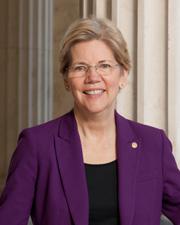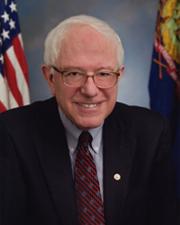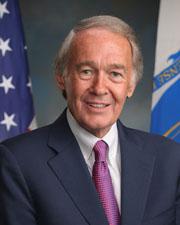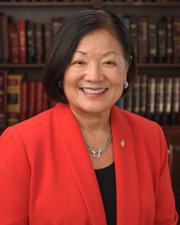0
Youth Voting Rights Act
2/2/2024, 4:45 PM
Summary of Bill S 2985
The bill argues that 16 and 17-year-olds are capable of making informed decisions and should have a say in the democratic process. Supporters of the bill believe that lowering the voting age will increase youth engagement in politics and lead to a more representative government.
If passed, the Youth Voting Rights Act would allow 16 and 17-year-olds to register to vote and participate in federal elections, including presidential elections. The bill also includes provisions for voter education programs to ensure that young voters are informed about the issues and candidates. Opponents of the bill argue that 16 and 17-year-olds may not have the maturity or life experience to make informed voting decisions. They also raise concerns about the potential for increased manipulation of young voters by political parties. Overall, the Youth Voting Rights Act is a controversial piece of legislation that seeks to expand voting rights to younger Americans. Its fate in Congress remains uncertain as lawmakers continue to debate the merits and drawbacks of lowering the voting age.
Congressional Summary of S 2985
Youth Voting Rights Act
This bill expands voting access for youth.
Specifically, the bill establishes a private right of action to enforce the Twenty-Sixth Amendment, which prohibits denying or abridging the right to vote based on age. Further, the bill authorizes the Department of Justice to enforce the Twenty-Sixth Amendment against age-based restrictions for voting by mail.
Additionally, the bill directs each state to
- designate as voter registration agencies all offices within public institutions of higher education (IHEs) that provide assistance to students,
- implement a preregistration process to allow minors who are 16 years or older to register to vote in federal elections that take place when or after the preregistered individual turns age 18, and
- ensure the availability of polling places on campuses of IHEs (with the availability of waivers).
The bill prohibits durational residency requirements for voting in all federal elections. Currently, this prohibition applies only to voting for the offices of President and Vice President.
States and local jurisdictions with voter identification requirements must treat IHE-issued student identification cards as voter identification.
The Election Assistance Commission (EAC) must make grants to states to increase the involvement of individuals under age 18 in public election activities.
The Government Accountability Office must report to Congress on trends related to voter registration, absentee voting, and provisional voting. The EAC must also collect and make publicly available certain data from states.





